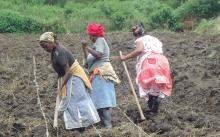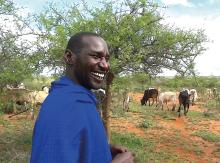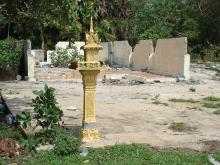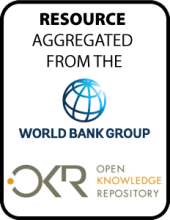Land Library
Welcome to the Land Portal Library. Explore our vast collection of open-access resources (over 74,000) including reports, journal articles, research papers, peer-reviewed publications, legal documents, videos and much more.
/ library resources
Showing items 1 through 9 of 326.Following a chaotic political decolonization, from 1975 to 2000, the Comoros failed to sustain the extension of private land ownership pursued since the beginning of the twentieth century and to implement land reform prepared with the assistance of the FAO and the UNDP but abandoned after the ass
The agricultural and food production sector plays a key role in fighting poverty and food insecurity in Moldova, but is facing critical challenges to modernize and integrate into the international market.
Agriculture has been essentially the backbone of economic growth for centuries. The sector has provided employment for the majority of the world population for generations, and has served as a powerful force in transforming of economies towards an industry- and service- based.
Uganda’s progress in reducing poverty from 1993 to 2006 is a remarkable story of success that has been well told. The narrative of Uganda’s continued, albeit it slightly slower, progress in reducing poverty since 2006 is less familiar.
Following the end of apartheid, South Africa’s government set itself ambitious goals with a planned land reform. However, there have since been barely any changes in the country’s agricultural structure, and the positive impacts that were hoped for on rural livelihoods have hardly materialised.
The year 2016 marks 15 years since the new wave land reforms became operational in Tanzania. Despite its ambitious goals – encouraging land registration and titling, and empowering women and other vulnerable groups – the results are disillusioning.
The land reform process in Cambodia is full of examples of injustice and human rights violations. Promises to improve the situation of the landless and land-poor citizens have remained unfulfilled. Development co-operation efforts have not changed this either.
The objective of this Poverty and Social
Impact Analysis (PSIA) is to assess the impact of systematic
registration on vulnerable individuals, in general, and
Roma, in particular. Specifically, this PSIA focuses on the
The World Bank has funded land reform, land administration, and land management projects in the Europe and Central Asia (ECA) region since the early 1990s. The region comprises the 15 countries of the former Soviet Union, the former socialist countries of Central and Eastern Europe, and Turkey.








